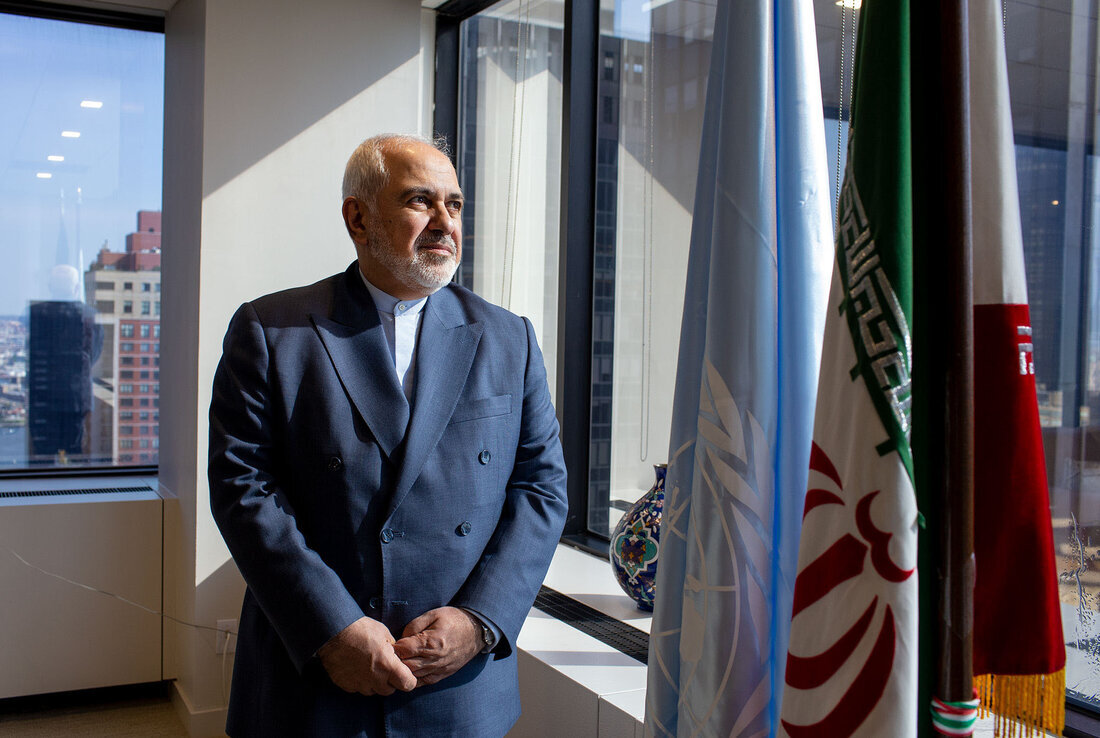TEHRAN – In an op-ed in The Economist on Monday, Iran's Vice President for Strategic Affairs and former Foreign Minister, Mohammad Javad Zarif, outlined a novel approach to regional security and economic development through the creation of the Muslim West Asian Dialogue Association (MWADA).
Zarif, writing in his personal capacity, suggested that MWADA, meaning “amity” in Arabic, would unite key Muslim nations in West Asia for extensive negotiations focused on promoting stability and prosperity.
“This initiative should be grounded in the sublime values of our common religion, Islam, and in the principles of sovereignty, territorial integrity, non-intervention, and collective security,” he stated.
He emphasized the urgency of establishing “immediate, sustainable, permanent ceasefires” in conflict zones such as Gaza, Lebanon, Syria, and Yemen.
Zarif proposed that a non-aggression pact and collective regional monitoring could institutionalize peace, protecting the area from both external interference and internal strife.
Economically, Zarif envisions MWADA facilitating integration by setting up a development fund to finance infrastructure in post-conflict regions.
He also highlighted the need for governance reforms in Syria to promote stability and inclusivity, particularly for women and minorities.
Addressing energy security, Zarif noted, “The vast untapped potential of the Iranian plateau and other terrains within the MWADA community suitable for solar and wind farms make cooperating to produce clean energy economically feasible.”
He advocated for regional energy agreements to ensure secure energy routes and sustainable resource exploration.
On maritime security, Zarif highlighted Iran's strategic position and proposed joint patrols under MWADA's framework to secure vital waterways like the Strait of Hormuz.
“Iran, given its location and security expertise, is uniquely positioned to contribute to the security of waterways like the Strait of Hormuz,” he remarked.
Zarif also addressed the nuclear issue, calling for the region to work towards being free from nuclear weapons and advocating for the revival of the JCPOA, signaling Iran's commitment to peace and stability.
The Iranian Vice President concluded with a vision of MWADA transforming West Asia into “a beacon of peace and collaboration,” urging a shift from viewing the region as a battleground to one of opportunity, empathy, and shared prosperity.


No comments:
Post a Comment